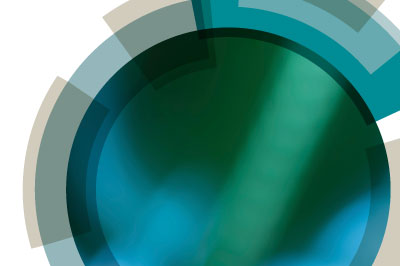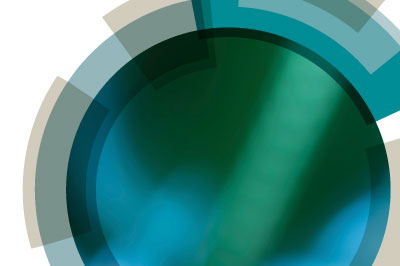RSC Nyholm Prize for Inorganic Chemistry: The Power of Molecular Chemistry: Nanoscale Magnets and a Molecular Approach to Metal Oxide Nanoparticles
Professor George Christou, Department of Chemistry, University of Florida
Date/Time: Friday 10 March, 16:00 - 18:00
Venue: Newcastle University, Bedson Building 2.76 (LT2)
Everyone Welcome.
Molecular chemistry can bring many powerful advantages to the study of nanoscale materials of various kinds, and this area of ‘molecular nanoscience’ is therefore a rapidly growing field. The advantages include monodisperse (single-size) products and a shell of organic ligation that imparts solubility and crystallinity, allowing structural characterization to atomic resolution by X-ray crystallography. The ligands can usually also be modified as desired, allowing tuning of redox properties and labelling (e.g. 2H, 19F, etc) for various studies in solution and the solid state such as NMR spectroscopy.
In the molecular nanomagnetism arena, the above advantages have been absolutely crucial in the study of single-molecule magnets (SMMs), individual molecules that function as nanoscale magnets. They have greatly assisted the syntheses and structural characterizations of numerous SMMs, and they have led to discovery of new quantum physics phenomena important to new 21st century technologies. These include quantum tunneling of the magnetization vector, and quantum superposition/entanglement states, phenomena that could not be reliably detected from the study of traditional nanoparticles. Our giant (~4 nm) SMMs have also bridged the gap between the top-down world of traditional magnetic nanoparticles and the bottom-up world of molecular nanomagnets. In more recent work we have also been developing controlled ways to form molecular oligomers of 2 or more weakly-linked SMMs to study the quantum properties more deeply, and for the first time in solution.
More recently still, we have extended our molecular approach to other interesting materials and have been targeting molecular clusters that can be considered molecular nanoparticles of certain metal oxides and mixed-metal oxides, particularly the perovskites. As part of this work, we have also developed routes to coordination cages with a second metal type inside, analogous to the endohedral fullerenes. The syntheses, structures, and properties of a selection of these materials will be described.
Professor George Christou, Department of Chemistry, University of Florida
Date/Time: Friday 10 March, 16:00 - 18:00
Venue: Newcastle University, Bedson Building 2.76 (LT2)
Everyone Welcome.
Molecular chemistry can bring many powerful advantages to the study of nanoscale materials of various kinds, and this area of ‘molecular nanoscience’ is therefore a rapidly growing field. The advantages include monodisperse (single-size) products and a shell of organic ligation that imparts solubility and crystallinity, allowing structural characterization to atomic resolution by X-ray crystallography. The ligands can usually also be modified as desired, allowing tuning of redox properties and labelling (e.g. 2H, 19F, etc) for various studies in solution and the solid state such as NMR spectroscopy.
In the molecular nanomagnetism arena, the above advantages have been absolutely crucial in the study of single-molecule magnets (SMMs), individual molecules that function as nanoscale magnets. They have greatly assisted the syntheses and structural characterizations of numerous SMMs, and they have led to discovery of new quantum physics phenomena important to new 21st century technologies. These include quantum tunneling of the magnetization vector, and quantum superposition/entanglement states, phenomena that could not be reliably detected from the study of traditional nanoparticles. Our giant (~4 nm) SMMs have also bridged the gap between the top-down world of traditional magnetic nanoparticles and the bottom-up world of molecular nanomagnets. In more recent work we have also been developing controlled ways to form molecular oligomers of 2 or more weakly-linked SMMs to study the quantum properties more deeply, and for the first time in solution.
More recently still, we have extended our molecular approach to other interesting materials and have been targeting molecular clusters that can be considered molecular nanoparticles of certain metal oxides and mixed-metal oxides, particularly the perovskites. As part of this work, we have also developed routes to coordination cages with a second metal type inside, analogous to the endohedral fullerenes. The syntheses, structures, and properties of a selection of these materials will be described.








